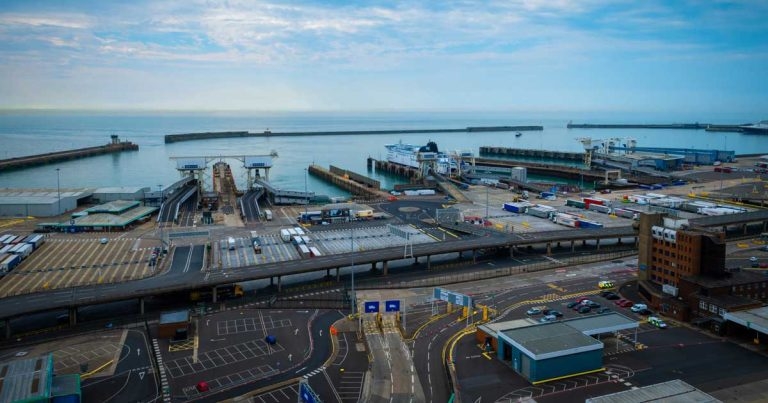19 Aug 2025
The association has voiced biosecurity concerns after plans to suspend checks on most live animal imports from the EU were announced.

Image: © James / Adobe Stock
Plans to suspend additional border checks on live animal imports from the EU could have “serious implications” for UK biosecurity, the BVA has warned.
The association has called for greater engagement with the veterinary sector after Defra claimed the measures would boost trade.
However, officials have also insisted that biosecurity “remains a key government priority” and stressed some live animals will still be inspected at their destination point.
The new arrangements, announced on 18 August, relate to both imports of live animals and specific animal and plant goods from Ireland ahead of a forthcoming sanitary and phytosanitary (SPS) deal between the UK and EU.
Defra said that would establish a UK-EU SPS zone and represented “a win for traders”.
But BVA president Elizabeth Mullineaux said: “It’s vital the UK has robust import controls as a key line of defence against disease, and this remains the case while a UK-EU agreement is agreed.
“Although we recognise the Government’s ambition to facilitate smoother trade with the EU, and removing these extra checks should reduce delays for animals in transit, we are concerned that suspending these planned checks risks serious implications for the UK’s biosecurity while the details of the UK-EU deal continue to be negotiated.
“The Government must engage with the veterinary profession to ensure that efforts to ease trade do not come at the expense of the UK’s human and animal health and welfare while at the same time progressing an UK-EU agreement as quickly as possible.”
But biosecurity minister Baroness Hayman said: “Our deal with the EU will boost British businesses as we cut cumbersome bureaucracy and make trading food with our biggest market both cheaper and easier.
“Protecting the UK’s biosecurity is essential, and our partnership with the EU will ensure this while delivering for working people as part of our Plan for Change.”
Defra added that the suspension would be “reviewed on a rolling basis to ensure the biosecurity of the UK is effectively maintained”.